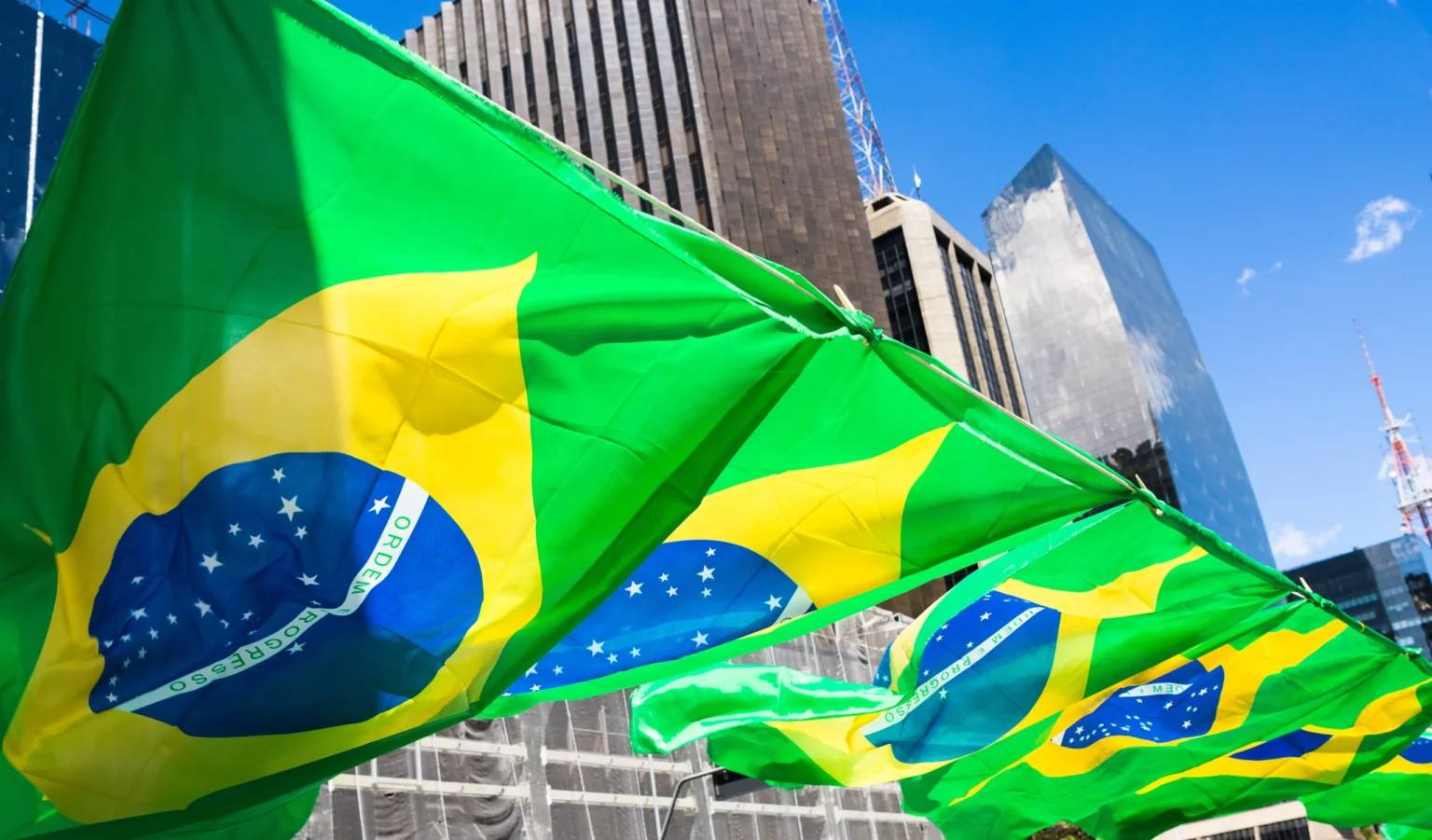Brazil’s Strategic Dance: Navigating Between the U.S. and China
In an era marked by intense geopolitical competition, Brazil stands at a crucial crossroad, caught between two formidable global powers: the United States and China. As the largest country in South America and a significant player on the international stage, Brazil’s diplomatic and economic decisions have far-reaching implications. This delicate balancing act not only shapes Brazil’s own strategy but also positions it as a pivotal player in the evolving global order.
Trade Dynamics: Complex and Multifaceted
At the heart of Brazil’s relationships with both the U.S. and China are robust economic ties. China, Brazil’s largest trading partner, reached an astonishing bilateral trade value of $181.53 billion in 2023. The trade relationship largely revolves around Brazil’s export of commodities such as soybeans, iron ore, and oil to the Asian giant. Conversely, trade with the United States, Brazil’s second-largest partner with nearly $75 billion in trade, involves a higher concentration of manufactured goods, highlighting a more diverse and complex economic relationship.
These distinct patterns have a pronounced impact on Brazil’s economic strategies and foreign policy decisions. While exports to China fuel economic growth, trade with the U.S. presents opportunities for technological advancement and innovation.
Investment Flows: Balancing Foreign Interests
Investments from the U.S. have historically been a cornerstone of Brazil’s economic landscape, with American foreign direct investment (FDI) totaling almost $200 billion in 2022. This significantly surpasses Chinese investment levels; however, China’s increasing focus on Brazilian infrastructure and energy sectors poses new dynamics in this economic triangle.
China’s interest in these sectors aligns with its broader strategic objectives, but Brazil remains cautious. Maintaining strategic autonomy and policy of non-alignment, Brazil tactfully engages with both nations to extract maximum benefits while safeguarding its sovereignty.
Diplomatic Tightrope: Weighing Global Impacts
As Brazil skillfully maneuvers through diplomatic waters, it seeks to champion the cause of developing nations by leveraging its relationship with China to influence global governance. Yet, with growing U.S.-China tensions, Brazil faces external pressure. The United States has raised security concerns regarding Chinese technology, particularly around 5G networks and Huawei, urging Brazil to rethink its alliances.
This technological tug-of-war exemplifies the challenges Brazil faces. While China presents lucrative investment prospects, potential economic dependency and security risks prompt Brazil to diversify its partnerships and reduce reliance on any single player.
Brazil’s Vision: A Multipolar Global Order
Strategically envisioning a multipolar world order, Brazil aspires to play a more prominent global role. This ambition resonates with China’s vision but sits uncomfortably against the U.S.’s interest in retaining leadership. The ongoing U.S.-China rivalry presents Brazil with opportunities, particularly in boosting food production and energy exports.
Regionally, Brazil strives to consolidate its influence in South America, bolstering its leverage in dealings with global superpowers. By fortifying its regional leadership, Brazil aims to enhance its standing and project greater influence on the international stage.
Conclusion: Brazil’s Balancing Act on a Global Stage
As the geopolitical landscape evolves, Brazil’s deft handling of relationships with the U.S. and China will significantly influence its trajectory. This strategic dance requires Brazil to adeptly balance economic interests, maintain diplomatic autonomy, and pursue regional leadership. The outcomes of Brazil’s strategies will not only redefine its future but also impact the broader contours of global politics. As such, Brazil’s success in this balancing act will be a critical factor in determining its role in an emerging, multipolar world order.
